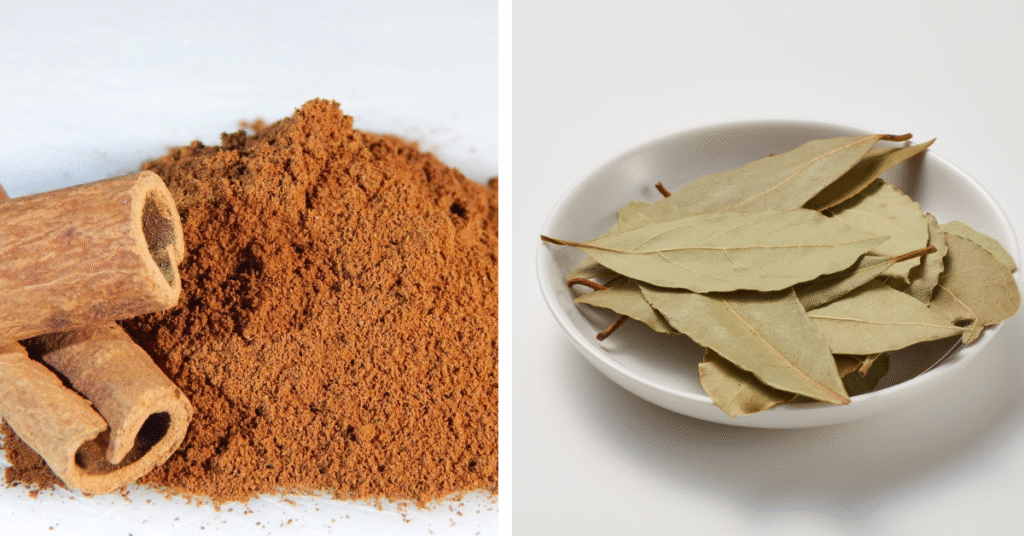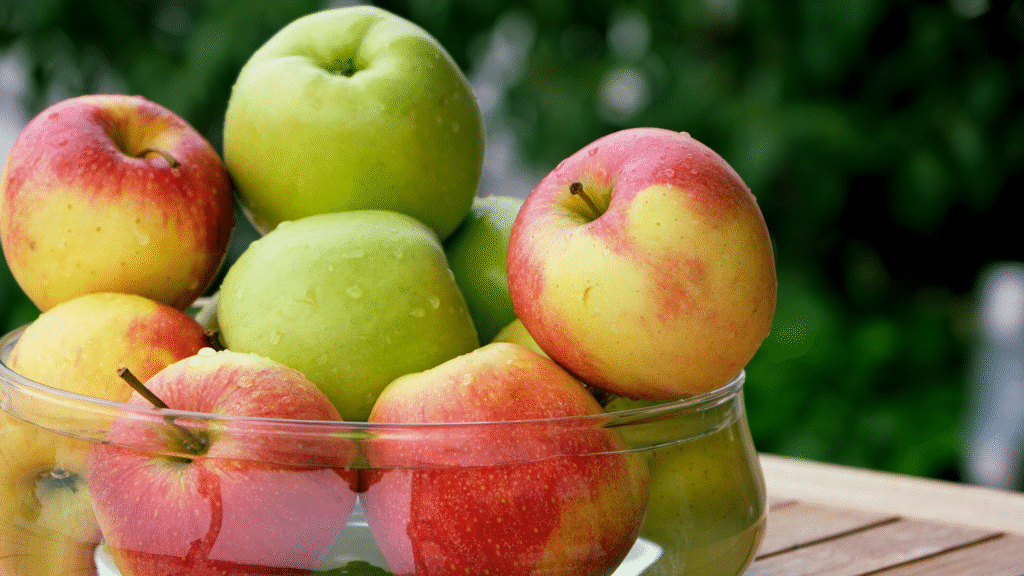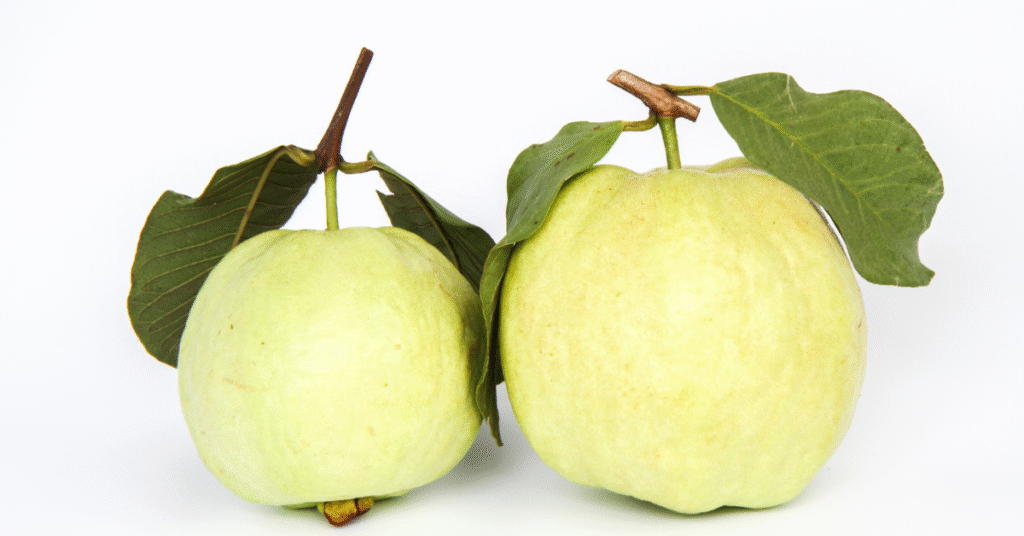15 Bay Leaf and Cinnamon Tea Benefits: Unlocking a Potent Brew for Your Health
In the world of natural remedies and culinary delights, certain ingredients stand out for their profound impact on health and flavor. Among these, bay leaf and cinnamon are two ancient spices, each with a rich history of medicinal use. While cinnamon is widely celebrated for its sweet warmth and metabolic benefits, bay leaf, often used subtly in cooking, holds its own impressive array of therapeutic properties. When combined to create a soothing and aromatic bay leaf and cinnamon tea, their individual strengths synergize, offering a potent brew that can significantly contribute to your overall well-being.
This comprehensive guide will explore 15 remarkable benefits of incorporating bay leaf and cinnamon tea into your daily routine, delving into the science behind their combined power and providing practical tips for preparing this healthful infusion.
The Power Duo: Bay Leaf and Cinnamon’s Nutritional Profile
Both bay leaf (from the *Laurus nobilis* tree) and cinnamon (from the *Cinnamomum* genus) are more than just flavor enhancers; they are packed with bioactive compounds.
- Bay Leaf: Contains essential oils (e.g., eucalyptol, eugenol), vitamins (A, C, B vitamins), and minerals (iron, potassium, calcium, magnesium). Its primary active compounds are known for their antioxidant and anti-inflammatory effects. Research highlights the potential health benefits of bay leaf.
- Cinnamon: Rich in cinnamaldehyde, which gives it its distinct flavor and most of its medicinal properties. It’s also a source of powerful antioxidants (polyphenols), manganese, and fiber. For a deeper dive into its individual benefits, explore our guide on cinnamon tea benefits.
When brewed together, these compounds are released into the tea, offering a concentrated dose of their combined therapeutic potential.
15 Remarkable Benefits of Bay Leaf and Cinnamon Tea
1. Potent Antioxidant Powerhouse
Both bay leaf and cinnamon are brimming with antioxidants. Bay leaf contains compounds like eugenol and catechins, while cinnamon is rich in polyphenols. Together, they form a formidable defense against oxidative stress, protecting your cells from damage caused by free radicals. This can help reduce the risk of chronic diseases and support overall cellular health.
2. Strong Anti-inflammatory Effects
Chronic inflammation is a silent culprit behind many modern ailments. The active compounds in both bay leaf (e.g., eugenol) and cinnamon (cinnamaldehyde) possess significant anti-inflammatory properties. Regularly sipping bay leaf and cinnamon tea can help reduce systemic inflammation throughout the body, potentially alleviating pain and discomfort associated with inflammatory conditions.
3. May Help Regulate Blood Sugar Levels
Cinnamon is well-known for its ability to improve insulin sensitivity and lower blood glucose levels, particularly after meals. Bay leaf also shows promise in this area, with some studies suggesting it can help improve glucose metabolism. The combination in tea makes it a powerful natural aid for individuals looking to manage their blood sugar, making it a popular healthy lifestyle modification, as explored in research on the acceptance of bay leaf tea.
4. Supports Heart Health (Cholesterol & Triglycerides)
This dynamic duo can contribute significantly to cardiovascular well-being. Cinnamon has been shown to reduce total cholesterol, LDL (“bad”) cholesterol, and triglyceride levels, while bay leaf also exhibits hypolipidemic effects. Together, they can help maintain healthy lipid profiles, reducing risk factors for heart disease. Research on cinnamon’s impact on heart health is well-documented in journals like PMC articles on cinnamon and metabolic syndrome.
5. Aids Digestion & Reduces Bloating
Both spices have traditional uses as digestive aids. Bay leaf can help alleviate gas and bloating, while cinnamon is known to soothe an upset stomach and improve overall digestive function. The tea can act as a natural carminative, promoting smoother digestion and reducing discomfort after meals.
6. May Support Weight Management
While not a magic solution, the tea’s ability to regulate blood sugar can help curb cravings and reduce fat storage. Improved metabolism from cinnamon and the digestive support from both ingredients can contribute to a holistic approach to weight management.
7. Powerful Antimicrobial Properties
Both bay leaf and cinnamon possess strong antimicrobial properties, effective against various bacteria, fungi, and even some viruses. This makes the tea a natural immune booster, helping your body fight off common infections. This aligns with the broader understanding of herbal remedies for various conditions, similar to the discussions on conditions aloe vera may help manage.
8. May Alleviate Joint Pain & Arthritis Symptoms
Given their significant anti-inflammatory properties, bay leaf and cinnamon tea may offer relief for individuals suffering from joint pain, swelling, and stiffness associated with conditions like arthritis. Regular consumption can help reduce the inflammatory markers contributing to discomfort.
9. Boosts Immune System Function
The combined antioxidant and antimicrobial effects, along with the presence of vitamins and minerals, contribute to a stronger immune system. This tea can help fortify your body’s natural defenses, making it more resilient against pathogens.
10. May Improve Respiratory Health
Traditionally, both spices have been used to alleviate respiratory issues. Bay leaf has properties that can help clear congestion and soothe coughs, while cinnamon’s warming effect can provide comfort during colds and flu. The tea can help ease symptoms of respiratory discomfort.
11. Promotes Relaxation & Stress Reduction
The warm, aromatic nature of bay leaf and cinnamon tea can have a calming effect on the nervous system. Bay leaf contains linalool, a compound known for its sedative properties, while cinnamon’s comforting aroma can reduce stress and anxiety, promoting relaxation.
12. Enhances Oral Health & Freshens Breath
Both spices are known for their ability to combat oral bacteria. Cinnamon’s cinnamaldehyde is a potent antimicrobial against bacteria causing bad breath and cavities. Bay leaf also contributes to oral hygiene. A regular rinse with this tea can help maintain fresh breath and support overall gum health.
13. May Support Brain Health & Cognitive Function
Emerging research suggests that compounds in both bay leaf and cinnamon may have neuroprotective effects. They can help reduce inflammation and oxidative stress in the brain, potentially improving cognitive function, memory, and offering protection against neurodegenerative diseases. This is an active area of research for natural compounds, as highlighted in various scientific publications, including those on bay leaf’s potential health benefits.
14. May Aid in Menstrual Health & PCOS Support
Cinnamon is often studied for its ability to improve insulin sensitivity, which is beneficial for women with Polycystic Ovary Syndrome (PCOS) and can help regulate menstrual cycles. Bay leaf also has traditional uses in supporting women’s reproductive health. The combined tea may offer a natural way to alleviate menstrual discomfort and support hormonal balance.
15. May Have Diuretic Properties (Mild)
Some traditional uses suggest that bay leaf possesses mild diuretic properties, which could aid in flushing out excess water and toxins from the body. When combined with cinnamon, this tea may support kidney function and detoxification processes, contributing to overall well-being. This is a general wellness benefit, similar to how broad nutritional choices like those found in health benefits of guava can support the body.
How to Make Bay Leaf and Cinnamon Tea
Preparing this beneficial tea is simple and can be easily incorporated into your daily routine.
- Ingredients:
- 1-2 bay leaves (dried)
- 1 cinnamon stick (preferably Ceylon cinnamon) or ½ – 1 teaspoon ground Ceylon cinnamon
- 2 cups (480ml) water
- Optional: Honey, lemon slice, or a pinch of ginger for added flavor and benefits.
- Instructions:
- Bring water to a boil in a small saucepan.
- Add bay leaves and cinnamon stick (if using) to the boiling water. If using ground cinnamon, add it after the water comes to a boil.
- Reduce heat to low, cover, and simmer for 10-15 minutes. Simmering allows the beneficial compounds to be properly extracted.
- Remove from heat and let it steep for another 5 minutes.
- Strain the tea into a mug to remove the bay leaves and cinnamon stick/ground cinnamon sediment.
- Add honey or lemon to taste, if desired.
- Tip: For a stronger brew, you can gently crush the bay leaves and break the cinnamon stick into smaller pieces before simmering.
Important Considerations & Precautions
While bay leaf and cinnamon tea offers many benefits, it’s crucial to be aware of potential considerations for safe consumption.
- Type of Cinnamon:
- Cassia Cinnamon: The most common type, contains coumarin, which can be harmful to the liver in large doses.
- Ceylon Cinnamon (“True Cinnamon”): Contains very little coumarin and is generally considered safer for regular, long-term consumption. Always opt for Ceylon cinnamon when consuming regularly.
- Moderation is Key: Even with Ceylon cinnamon, moderation is advisable. Excessive consumption of any herb or spice can lead to unforeseen effects.
- Blood Sugar Medication: If you are on medication for diabetes or blood sugar control, consult your doctor before regularly consuming this tea, as it can lower blood sugar and potentially lead to hypoglycemia.
- Pregnancy & Breastfeeding: Pregnant or breastfeeding women should consult their doctor before using this tea in medicinal quantities, especially due to the potential effects of cinnamon.
- Allergies: While rare, some individuals may be allergic to bay leaf or cinnamon, experiencing skin irritation or digestive upset.
- Surgery: Cinnamon may affect blood sugar levels and blood clotting, so it’s advisable to stop consumption at least two weeks before a scheduled surgery.
- Bay Leaf Safety: Always remove whole bay leaves from the tea before drinking, as they can be a choking hazard if swallowed whole.
For further scientific information on the safety and efficacy of herbal remedies, reputable sources like Taylor & Francis Online and PMC articles on herbal safety provide valuable insights.
Conclusion: A Simple Brew with Profound Benefits
The combination of bay leaf and cinnamon in a tea creates a delightful and potent brew that offers a wide array of health benefits. From its remarkable antioxidant and anti-inflammatory properties to its potential in supporting blood sugar regulation, heart health, digestion, and immunity, this ancient spice duo continues to impress with its therapeutic versatility.
Incorporating a warm cup of bay leaf and cinnamon tea into your daily routine is a simple, delicious, and effective way to harness the power of these incredible spices. Remember to choose Ceylon cinnamon for regular consumption and always consult with a healthcare professional if you have underlying health conditions or are taking medications. Sip your way to better health and enjoy the aromatic journey!



